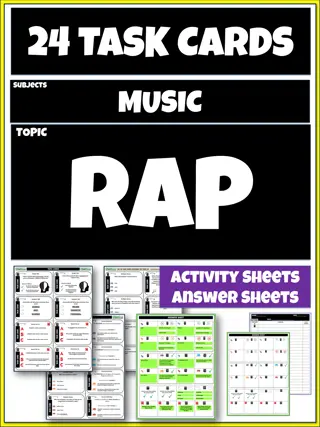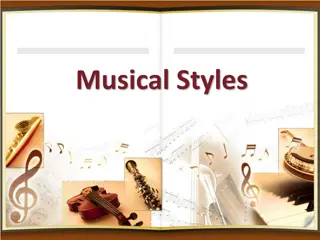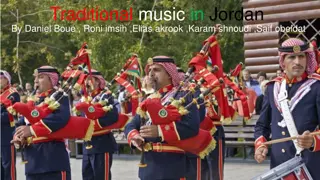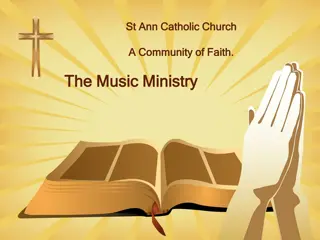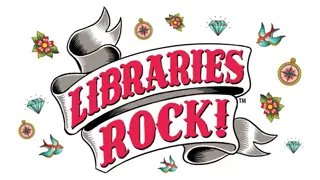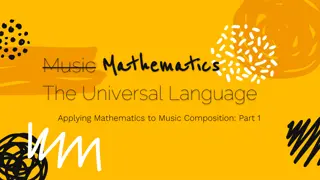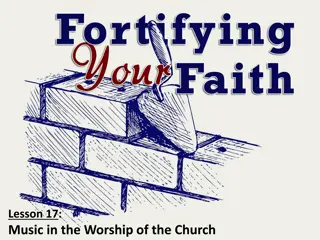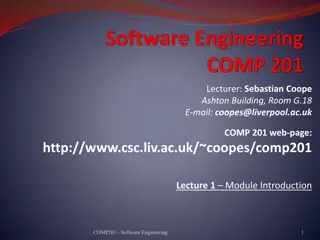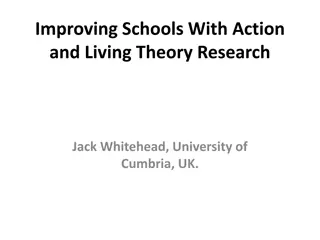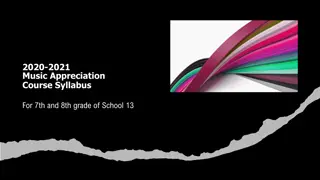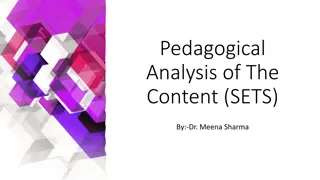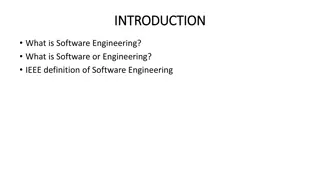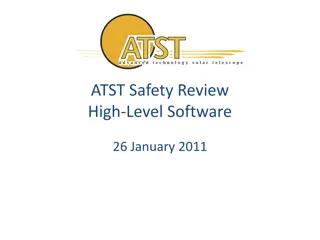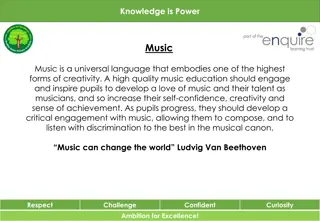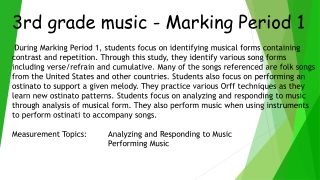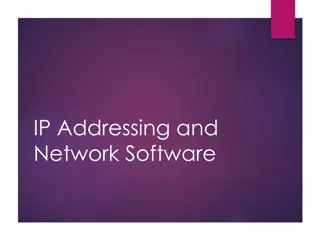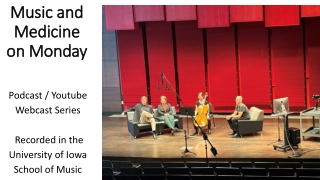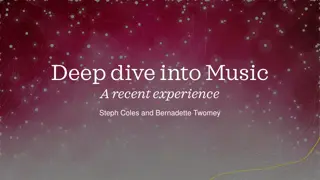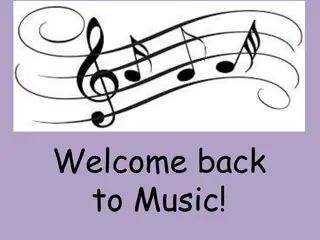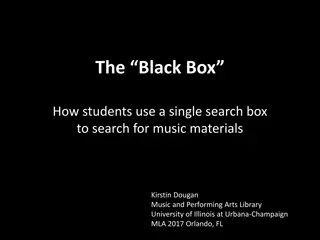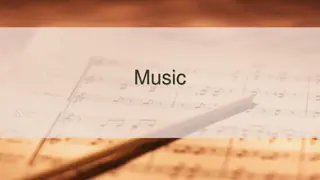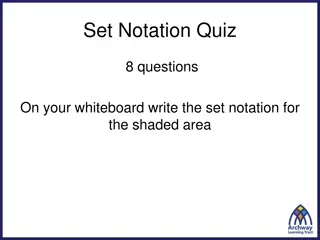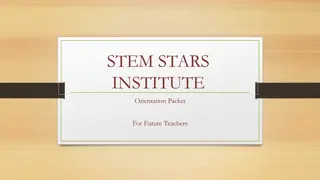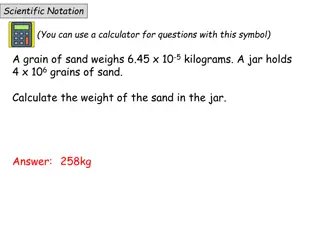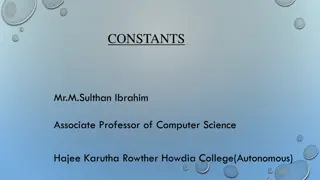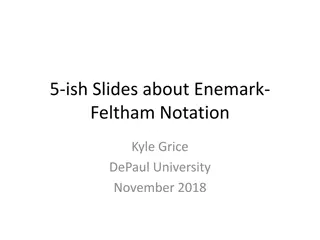Explore the Benefits of Music Notation Software for Educators and Students
Discover the advantages of using music notation software in education, from enhancing creativity and exploration to facilitating composition and arrangement tasks. Learn about popular programs like Musescore, Sibelius, and GarageBand, and empower students to write music for various genres and purposes. Embrace technology to streamline music-related tasks and engage students in a dynamic learning experience.
Download Presentation

Please find below an Image/Link to download the presentation.
The content on the website is provided AS IS for your information and personal use only. It may not be sold, licensed, or shared on other websites without obtaining consent from the author. Download presentation by click this link. If you encounter any issues during the download, it is possible that the publisher has removed the file from their server.
E N D
Presentation Transcript
INTRO TO MUSIC NOTATION SOFTWARE MUSIC NOTATION PROGRAMS BENEFITING YOU AND YOUR STUDENTS
WHY DO I NEED TO LEARN A MUSIC NOTATION PROGRAM? Whether you are a composer or not, having a functional knowledge of a one or more of these programs will prepare you as an educator to: 1. Create warm-ups, drills, and exercises designed specifically for your group. 2. Replace *missing parts. Temporarily. 3. Teaching your students (beginning) composition/arranging. 4. Write out a part that is lost or missing from the original set. 5. Create an outlet for student and personal creativity. 6. Keep up with technology. It is faster than hand writing music.
WHAT TO USE AND WHY Musescore IT IS FREE! Great in getting students started. Sibelius and Finale Standard programs that are extensive. $$ Garage Band Fun for students to experiment with, does not require a music background. Comes with apple products, can be upgraded to pro level. Dorico Nice Interface and frequently updated. $$
WHAT CAN MY STUDENTS WRITE MUSIC FOR? Band/Orchestra/Choir Solo or Chamber group Movies/Film Jazz Dance/Ballet Video Games Marching or Pep Band Commercials (Jingles) Television Rock, Pop, Country, Rap, Hip- Hop, Metal, etc. For FUN! CAN YOU THINK OF MORE?
REMEMBER Students are creative and want outlets to explore their creativity. There are no age restrictions to writing music. Mozart, Prokofiev, Chopin, Boulanger, Paganini, and many more wrote music before they were 10. Students don t have to know how to play an instrument learn the programs. Teach limits (ex. range) and let students Experiment. Think Outside the BOX! There is no reason limit your students.
CONNECT ALL THE DOTS WITH 4 STRAIGHT LINES WITHOUT PICKING UP YOUR PENCIL
ONCE WE CREATE LIMITS IN OUR BRAIN IT IS DIFFICULT TO ACCOMPLISH OUR GOALS
Supplemental activity for students to earn Honor Credits/Points. Featured composer during a concert, or entire student-composer concert. Student composer club. Courses can be offered on composing and arranging. EDUCATIONAL ASPECTS It will enhance a students understanding of music in all aspects; performance, theory, vocabulary, form/structure, and score study. Responsibility Students that lose their music must replace their part instead of the teacher finding the part and going to make copies.
ADDITIONAL BENEFITS Students may transfer music with personal notes/markings to a single use digital copy. Students can listen to their music immediately, adjust, and edit with ease. Differential learning - Students can work at their own pace and assignments can be based on the individual student. Band, Choir, and Orchestra students will audiate and transfer the skill to other aspects of their music knowledge.
LETS GET STARTED!! Today we will be learning some basics on Sibelius. Open the program. We will write the melody to Beethoven s Ode to Joy for Bb Trumpet.


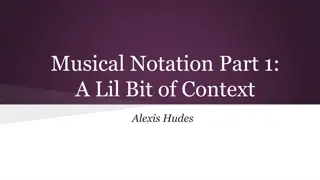
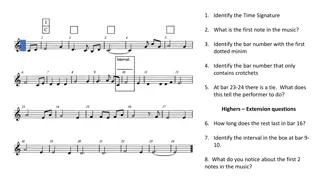
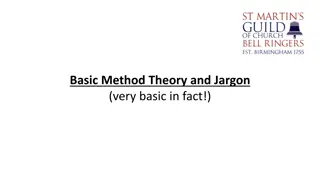
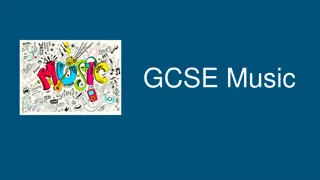
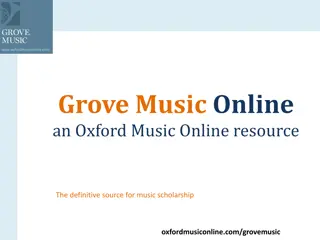
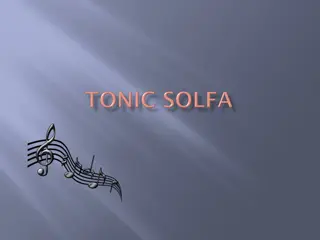
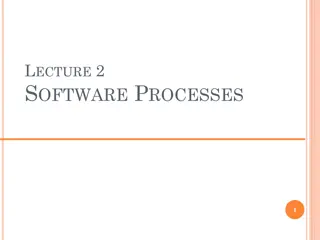
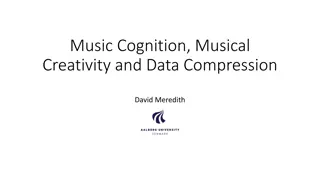
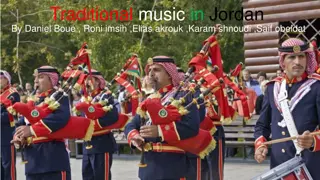
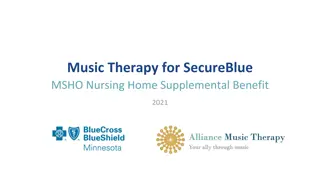
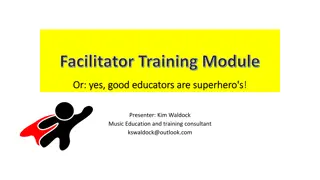
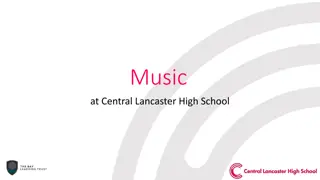
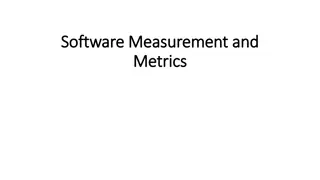
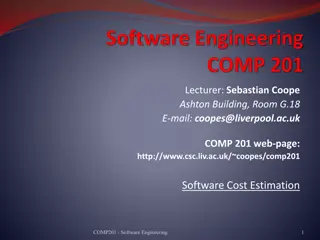
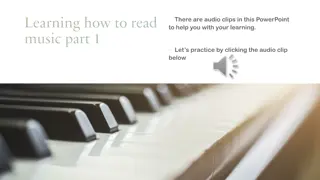
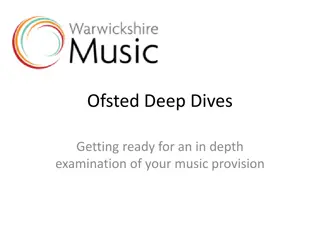
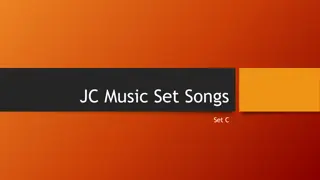
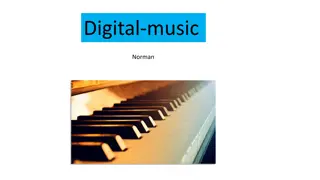
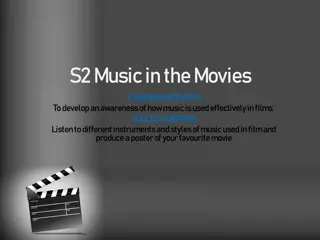
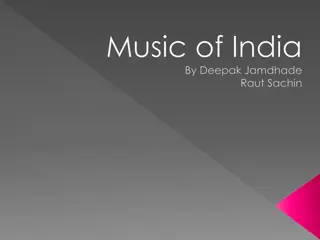
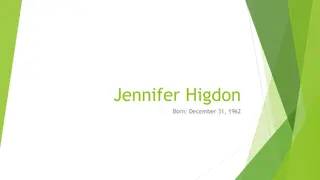
![Explore the Exciting World of Live Music Through [Insert Town/City] Census!](/thumb/148894/explore-the-exciting-world-of-live-music-through-insert-town-city-census.jpg)
